Filter: Only a top-tier customer management program will improve service levels.
Source: Äri-IT Spring 2024
Author: Gerli Ramler
Filter AS switched to business software Business Central in 2020, and a year later it decided to implement CRM.
Filter AS, which provides efficient water and energy solutions, switched to the business software Business Central in 2020, and a year later decided to implement a CRM, or customer relationship management tool. Why was it also needed and how has it changed the company’s work, explains ICT Manager Markko Toppi.
CRM is actually nothing new for us, as all the companies in the group used it in previous years. However, at one point our previous system stopped working and so there was a short break in using CRM. Since we were planning to switch to new business software anyway, the idea was to review it first,” says Toppi. Unfortunately, the options offered in Business Central were not enough for Filtri. So we looked around the market, got to know several options and realized that it would make the most sense to stay with the Microsoft product family – that way we could get the most out of their integration.
In 2021, the Microsoft Dynamics 365 Sales solution was tried for the first time. According to Topp, the transition did not happen overnight. “One thing that has changed for the better is integration – firstly, Microsoft’s own integration has become better and more reliable, and secondly, the competence of the consultants and ours has increased. Thanks to this, we can use the solution and its outputs exactly as we need, whether it is data, analysis or a review of the interaction with a specific customer,” he explains.
The new solution is used by the entire Filtri sales team across the group. However, unlike Estonia, where the transition to the new program was relatively easy, its implementation in other countries was much more difficult. “It’s just that there are more people in the Estonian office who have experience working with CRM solutions, either from our company or elsewhere. In other countries, we had to explain why it is necessary to write down communication with the customer so precisely; what these memos are used for later and what additional information is necessary. This information work has been two-sided: on the one hand, the sales people did not understand the need for it at first, on the other hand, the management was not used to the new tool and did not understand how all this information would help them in their daily work. Fortunately, we have almost overcome this obstacle now.”
The need to store more information
Although Central Business also includes certain CRM capabilities, according to Topp, the main shortcoming was precisely in the storage of so-called soft information. For example, there was a desire to write down the visit management part in more detail and supplement sales contracts with additional information. “In the case of our projects, the sales process can be very long and a lot of information accumulates both via e-mail and telephone. Searching and finding it later must be logical for the salesperson, manager and technician. It would be especially bad if a salesperson were to get sick or leave work, but all the project information is only in their head,” he says.
In addition, a big bonus of the new system is that now documents related to each deal can be saved directly in the system, opened there and dealt with. Information accompanying each offer can be stored and managed centrally from the first steps.
To date, the use of CRM in Filtri companies is still at a rather different level. In some markets it is still used only for recording activities, but in Estonia, in principle all major contracts and projects go through it, and only more traditional sales offers are sent using Business Central.
It can be said that if the goal of the new business software was to minimize the filling of Excel tables, harmonize company systems and automate activities that do not generate revenue, then CRM helps to raise the level of customer service and clarify the aspects associated with each specific project.
Good result despite turbulent years
“We’ve weathered several storms recently,” says Toppi. “The pandemic, which hit just as we launched our new software, created numerous difficulties. But the war in Ukraine had the greatest impact, forcing the closure of our Russian and Belarusian operations and significantly reducing our market share. Even so, we’re very pleased with our strong performance last year.”
He states that the good results are due to the good employees, who number just over 200 in the group, 65 of whom work in Estonia. “The flexibility of our organization is certainly a plus – we can reorient ourselves very quickly. This is made possible by excellent software programs, thanks to which information flows and numbers are available from all sides.”
Today, Filter has expanded to Poland, where it is still small, but is trying to find a place for itself in the coming years. Regarding other changes, Toppi says that Filter has moved towards smaller, but more complex, energy-saving engineering solutions in recent years. “Our goal is not to be a general contractor in the construction of a large boiler house, but to completely solve specific energy-saving problems in the industry, for example, how to use waste heat in one or another process and generally save both your wallet and the environment. We have been on the same path since 1992 – the time when we transformed Soviet-era boiler houses into modern and efficient ones.”
Thus, in addition to the sale of components related to water and heating management, the importance of engineering has grown year by year in the company. The comprehensive solutions of Filtri engineers save water and heating costs for companies and settlements and enable them to produce energy economically and environmentally efficiently.
_____
BCS Itera has implemented Dynamics 365 Business Central, an enterprise resource planning software covering the entire supply and operations chain, in Filtris. The solution was implemented in all countries where it operates – Estonia, Latvia, Lithuania and Bulgaria. In the second stage, the customer management or CRM solution Dynamics 365 Sales was implemented, which is integrated with the enterprise resource planning software. The solution was characterized by detailed monitoring of the customer journey and rich analytics in managing activities.

